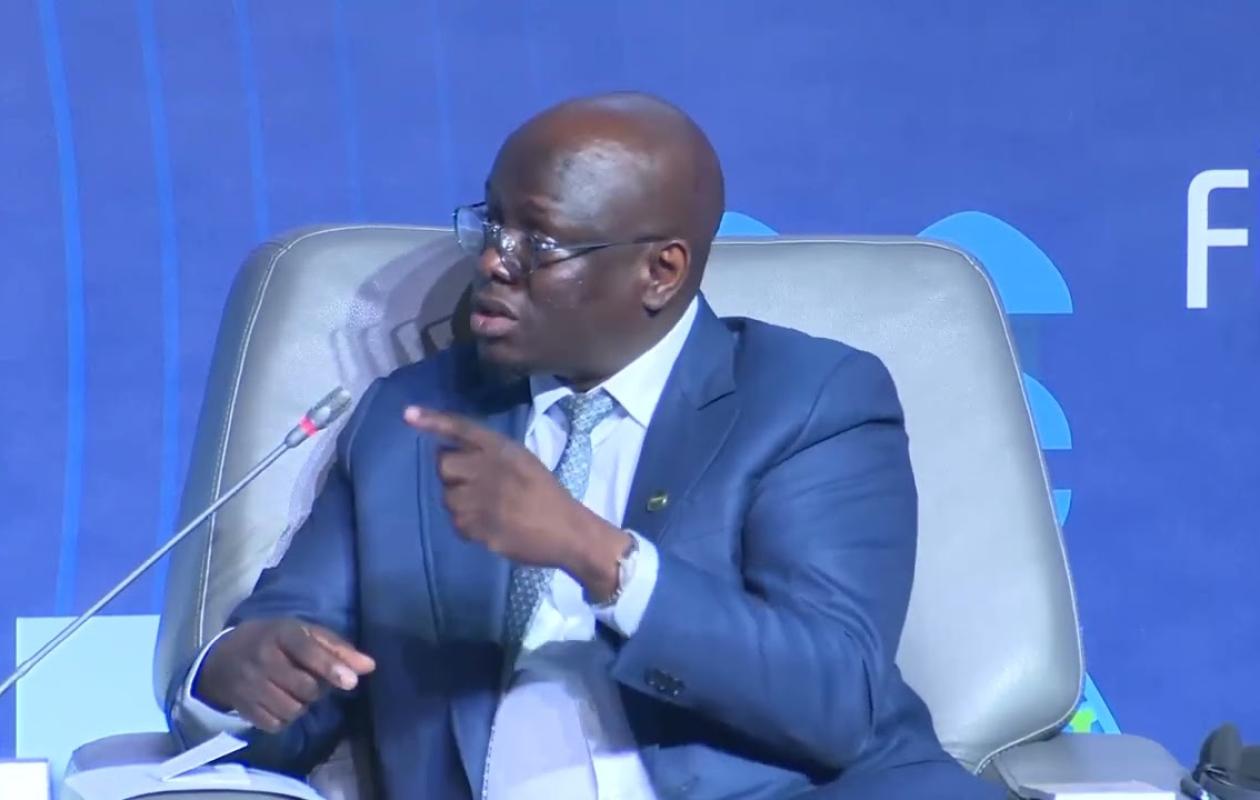
Forum Invest In Senegal : Cheikh Diba annonce une refonte en profondeur du système fiscal sénégalais
On the sidelines of the "Invest in Senegal" Forum, this Wednesday, October 8 in Diamniadio, the Minister of Finance and Budget, Cheikh Diba, provided details on the major reform of the General Tax Code, which he presented as one of the pillars of the structural transformation undertaken by Senegal. "This is not simply a reform, but a complete overhaul of our tax system," the minister declared to investors and development partners.
According to Sheikh Diba, this overhaul aims to thoroughly modernize tax legislation to adapt it to socio-economic realities and the national macroeconomic structure.
Until now, he acknowledges, Senegalese taxation has remained somewhat unsuitable for the different economic sectors.
This reform aims to correct imbalances between different economic actors. It aims to establish greater transparency between very small businesses, SMEs, large companies, and individuals, while integrating the informal sector into the tax base. "We need a tax system capable of involving all economic actors, particularly the informal sector, by creating transparency and trust," Cheikh Diba emphasized.
Taxation at the service of development
Cheikh Diba wants to do away with the image of a tax perceived solely as a compulsory levy. He now sees it as a strategic lever for development, serving growth. "Tax must cease to be seen as a constraint and become a tool for shared growth," he affirmed, emphasizing the need for "incentive, inclusive, and modern" taxation. Mr. Diba added that the tax reform carried out by the Senegalese government "is at the heart of an ambition for structural transformation."
"It must help create a more attractive, more stable and more predictable economic environment," the Minister of Finance insisted.
Beyond this tax overhaul, the Minister of Finance and Budget recalled that three other major projects are supporting the country's structural transformation. These are the reform of the Investment Code, intended to strengthen Senegal's attractiveness and promote SMEs; the reform of access to financing, which focuses in particular on the development of Islamic finance to support start-ups and unbanked actors; and finally, the reform of public governance, focused on transparency, rationalization of expenditures, and more rigorous management of state resources.
Commentaires (1)
Participer à la Discussion
Règles de la communauté :
💡 Astuce : Utilisez des emojis depuis votre téléphone ou le module emoji ci-dessous. Cliquez sur GIF pour ajouter un GIF animé. Collez un lien X/Twitter, TikTok ou Instagram pour l'afficher automatiquement.